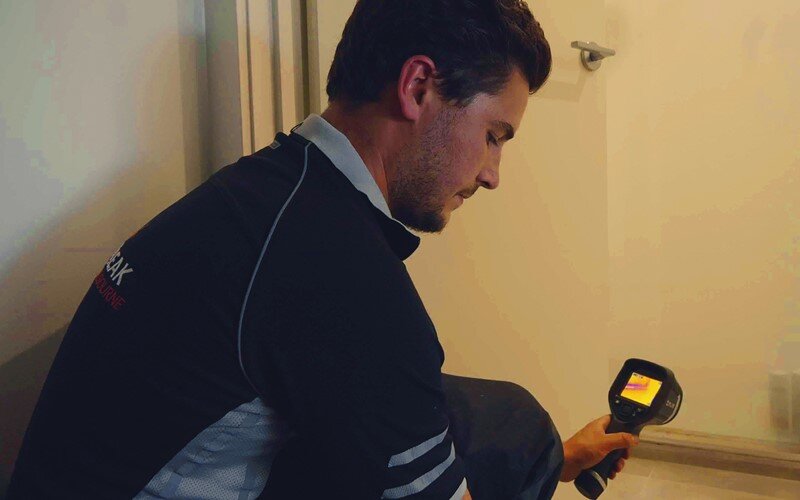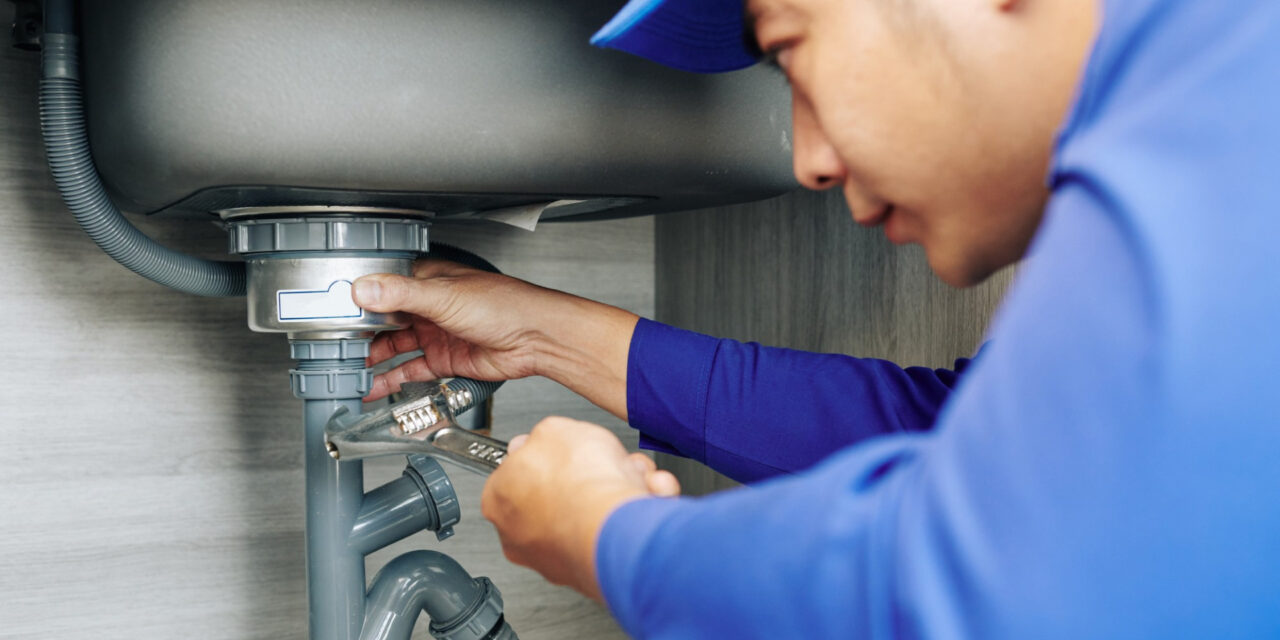How to Find and also Repair Work Water Leaks-- A Comprehensive Guide
How to Find and also Repair Work Water Leaks-- A Comprehensive Guide
Blog Article
The author is making a few great points on the subject of Locating water leaks in general in the article followed below.

Early detection of leaking water lines can minimize a potential catastrophe. Some little water leakages may not be visible.
1. Take A Look At the Water Meter
Inspecting it is a proven method that aids you discover leakages. If it relocates, that indicates a fast-moving leakage. This means you might have a slow leakage that can also be underground.
2. Check Water Usage
Evaluate your water expenses and also track your water intake. As the one paying it, you ought to see if there are any disparities. If you identify sudden changes, despite your intake coinciding, it means that you have leaks in your plumbing system. Keep in mind, your water costs ought to fall under the very same array monthly. An abrupt spike in your bill shows a fast-moving leak.
A steady boost every month, also with the exact same behaviors, shows you have a sluggish leak that's also gradually escalating. Call a plumber to thoroughly inspect your building, particularly if you really feel a cozy location on your flooring with piping underneath.
3. Do a Food Coloring Test
When it comes to water usage, 30% comes from toilets. If the shade in some way infiltrates your bowl during that time without flushing, there's a leakage between the tank and also bowl.
4. Asses Outside Lines
Do not fail to remember to examine your outside water lines too. Should water seep out of the connection, you have a loosened rubber gasket. One tiny leak can squander tons of water as well as surge your water expense.
5. Examine and also Assess the Scenario
Home owners need to make it a routine to inspect under the sink counters and also inside cupboards for any bad odor or mold and mildew growth. These two warnings indicate a leakage so timely focus is needed. Doing routine examinations, also bi-annually, can save you from a significant problem.
Extra significantly, if you recognize your residence is currently old, maintain a watchful eye on your heaters, tubes, pipelines etc. Look for stainings and deteriorating as most pipelines as well as home appliances have a life expectancy. They will certainly also naturally wear away due to deterioration. Do not wait for it to intensify if you suspect leaking water lines in your plumbing system. Call an expert plumber right away so you don't end up with a terrible mess in your house.
Early discovery of dripping water lines can minimize a prospective catastrophe. Some little water leaks might not be noticeable. Examining it is a proven means that assists you discover leakages. One small leakage can lose tons of water and also surge your water bill.
If you suspect dripping water lines in your plumbing system, do not wait for it to intensify.
How to Know If Your Home Has a Hidden Leak
Water Meter Reveals Inexplicable Water Usage
If you’d like to test whether or not there’s a leak somewhere in your home, you can do this using your water meter. Here is how to conduct the test:
Don’t use any water in your home for at least 30 minutes; this also means not turning on faucets or water-using appliances.
Go outside, and check your water meter for activity.
If your water meter shows that there was activity, even though no one was using any water, this proves that there is a leak in your home.Visible Mold or Mildew Growth
Leaks behind walls create moist, dark environments that allow mold and mildew to grow and thrive. Eventually, you might see mold growth forming on the wall closest to a hidden leak.
If mold is growing in an area that receives a high amount of moisture, such as a bathroom, it may simply be an indication that better ventilation is needed. However, if you see mold growth on a wall or the ceiling in an area where you would not expect, you probably have a hidden leak.
Musty, Mildew Odor
Sometimes you might not be able to see the mold or mildew that is growing as a result of a leak. However, the smell can give the problem away just as easily. If you catch a whiff of something musty, there’s a good chance that old water is collecting somewhere in your home that you can’t see.
Stained/Warped Walls, Ceilings, or Floors
When your home soaks up water, a variety of red flags can become visible, including ceiling stains, bubbling drywall, warped walls, and sagging floors. While these issues can be caused by excess humidity, they can also be signs that a pipe or plumbing connection has started leaking behind your walls.
Inexplicably High Water Bill
After a while, you get a general sense for what your water bill should be. If you own a pool or sprinkler system, your bill will tend to be higher during summer. However, if you receive a water bill that seems especially high, and you can’t figure out what caused it, then you may have a hidden leak somewhere that’s increasing your bill.
https://www.plumbingjoint.com/blog/2019/july/how-to-know-if-your-home-has-a-hidden-leak/

Do you really like more info about Locating water leaks? Put a remark further down. We will be glad to see your suggestions about this write-up. We hope that you come back again later on. Those who enjoyed our article kindly make sure you remember to pass it around. Thank you so much for your time invested reading it.
Report this page